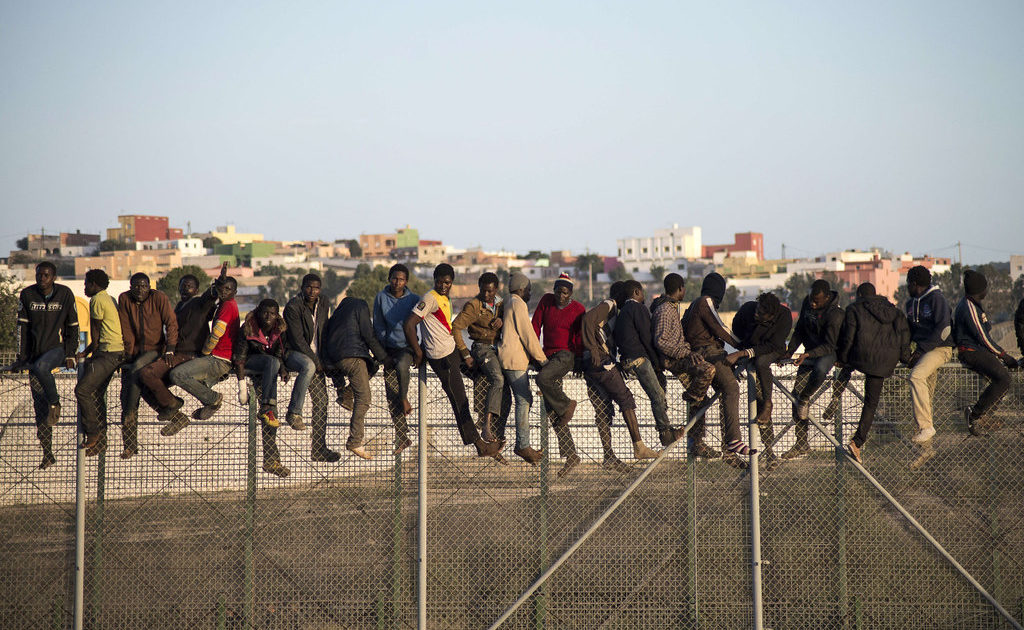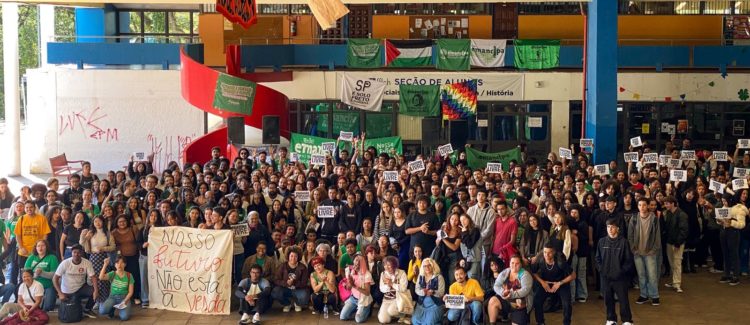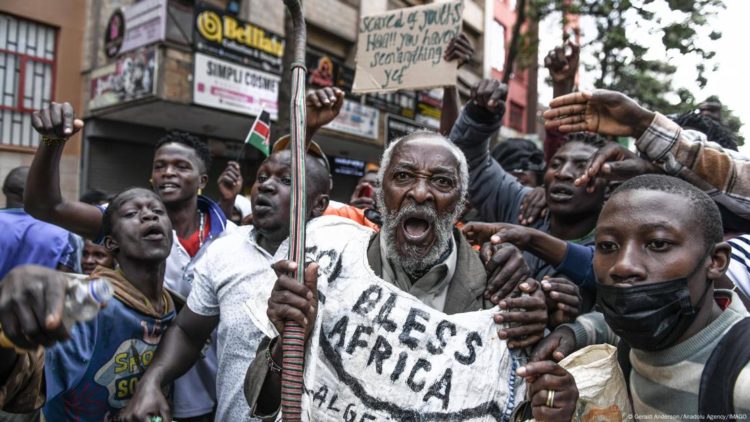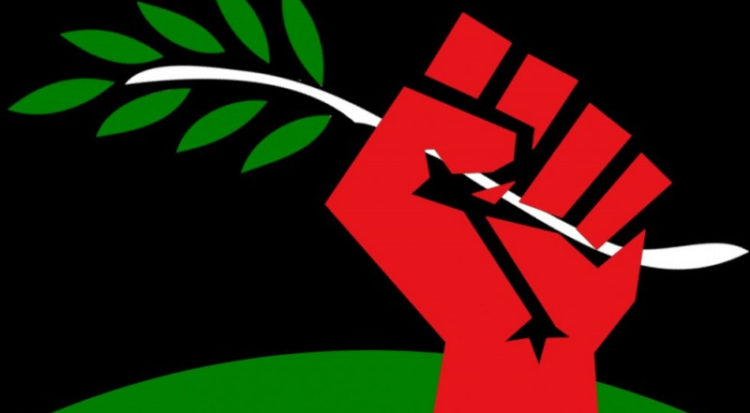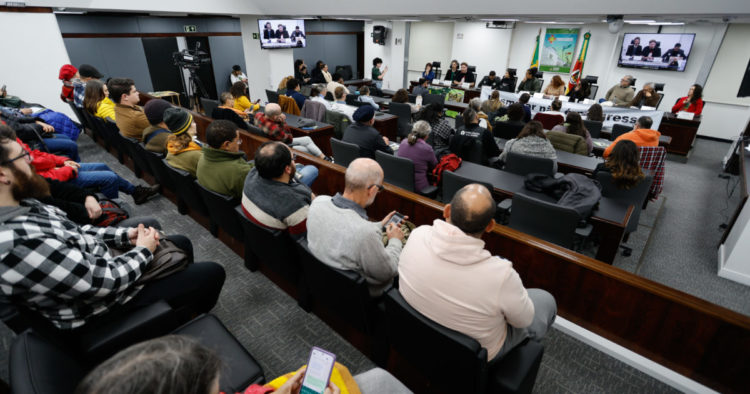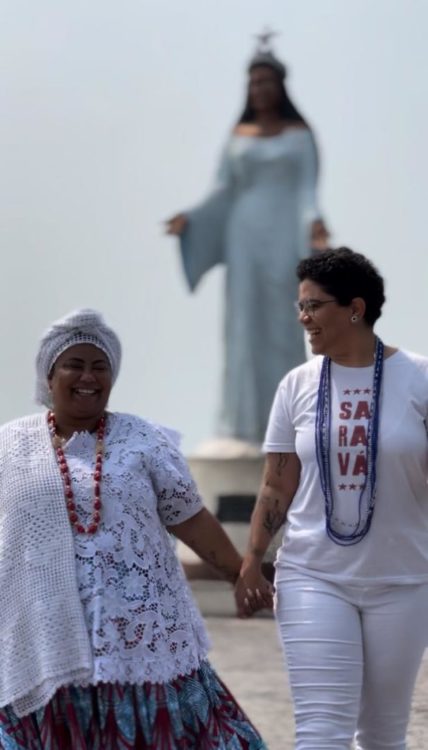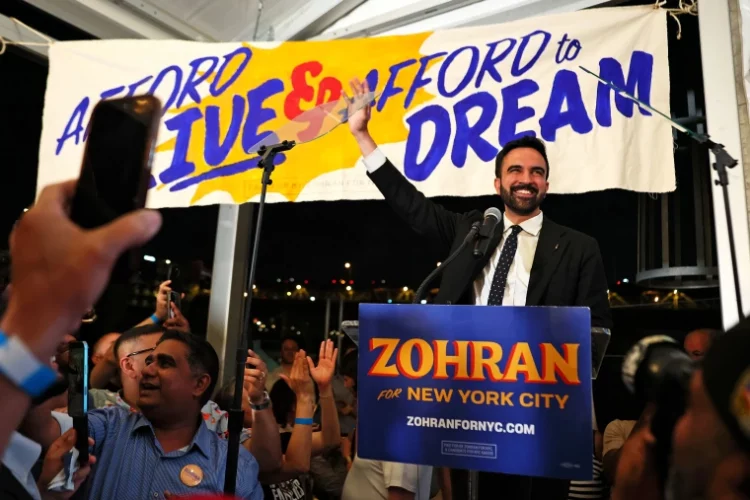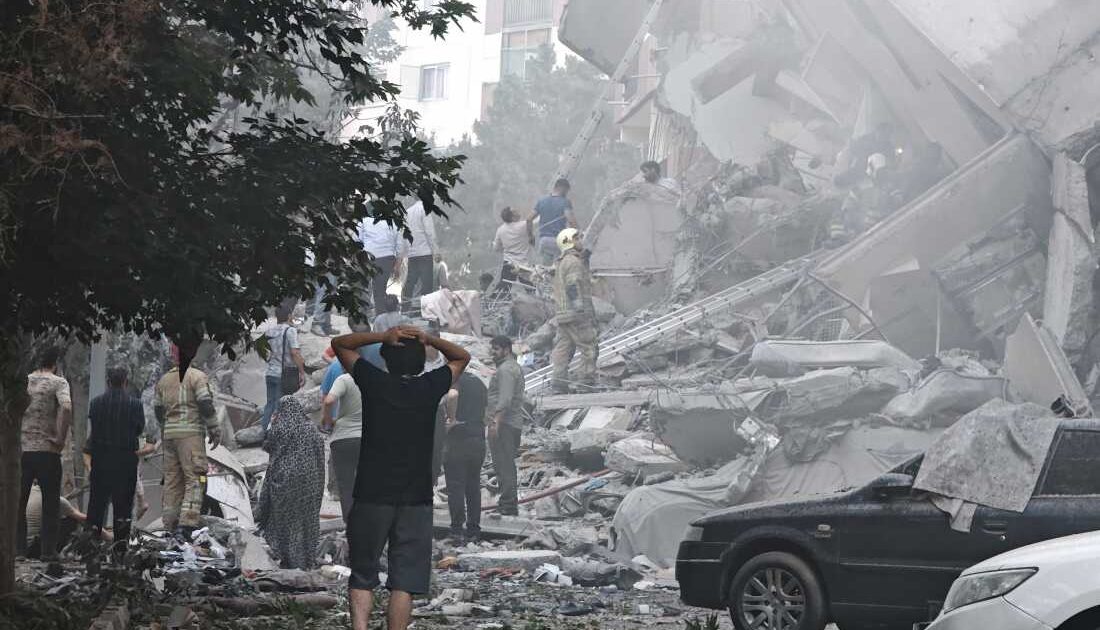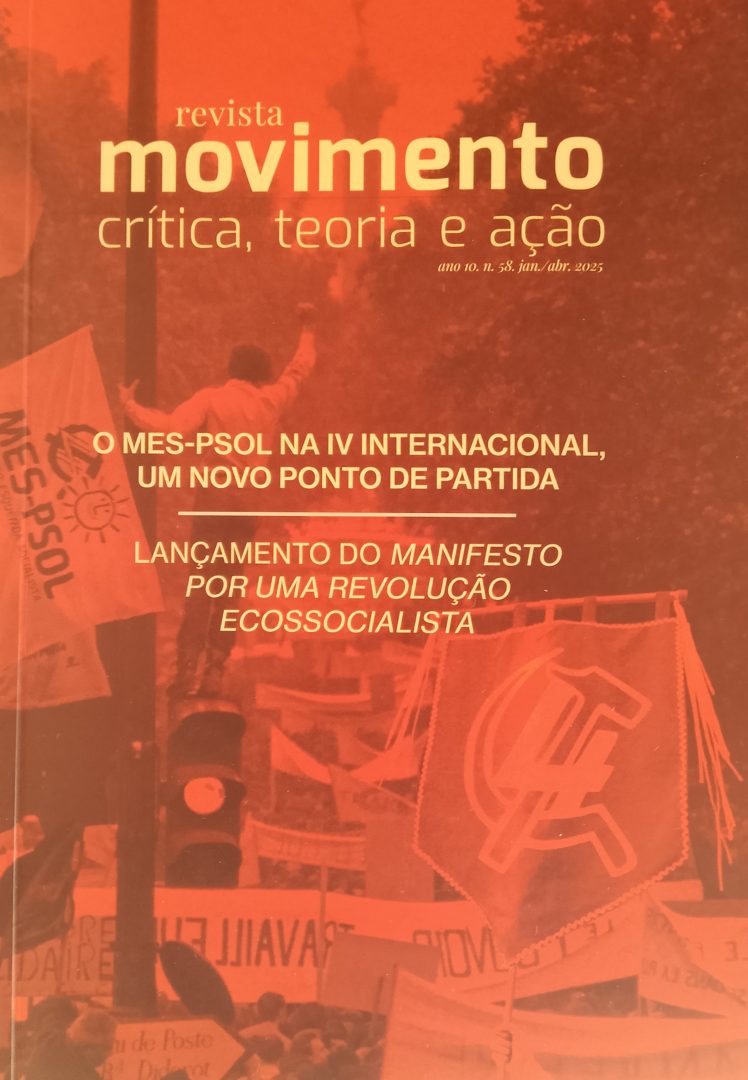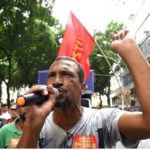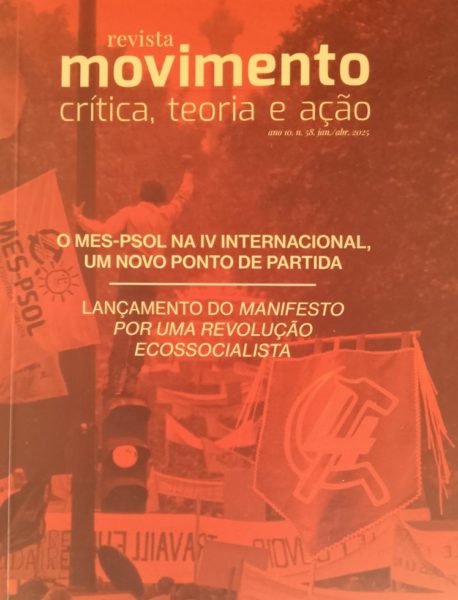Mellila, 37 deaths – a barbarism covered up by social democracy
The tragedy on the border between Nador and Mellila in Morocco reveals the complicity of governments with barbarism and the politics of death.
The tragedy on the border between Nador and Mellila in Morocco reveals the complicity of governments with barbarism and the politics of death.
A tragedy, a crime, an atrocity. Words fail to describe what happened on June 24, 2022, at the border between Nador and Mellila, in Morocco. Thirty-seven people died and hundreds were injured in the murderous action of the Moroccan police against immigrants who tried desperately to enter the European Union through the Spanish state.
In Madrid, the NATO (North Atlantic Treaty Organization) meeting, which took place between June 28 and 30, reinforced the idea of “Fortress Europe”, increasing military spending and pushing for an even more repressive line of defense of the borders.
On the other side of the planet, another brutal crime in Texas, where the police found 53 people dead inside a truck from Central America in a dramatic attempt to reach the United States.
The complicity between the “hard right” sectors – that preach and make their political preaching open persecution of immigrants – and the so-called progressives is evident when they are in government and need to face the migration crisis. This concerns Biden and the Sanchez government in Spain.
How can we act to defend another kind of politics, based on solidarity and welcoming? What is the role of the radical left in this issue, so central to humanity?
Morocco, a criminal state
Taking the concrete example of Mellila, the stance of the Moroccan state is nothing new. Over the last few years, the corrupt monarchy has played a colonial role in the region. Covered up by the Spanish state, the government of the monarch Mohamed VI persecutes and fights the historical struggle of the Saharawi people for their territorial right.
In March of this year, the Spanish government sent a letter to the monarch, “welcoming” and acknowledging the role of this criminal state in conducting the so-called “peace process” in the region, when, in fact, the opposite is true: Morocco violently represses Western Sahara.
Sanchez profiles the Spanish state, alongside France, as Morocco’s main ally, as denounced in the statement from the Polisario Front. According to the legitimate organization of the Saharawi people, the letter does nothing more than “legitimize the repression, war crimes, crimes against humanity and the plunder of wealth that Morocco promotes against the Saharawi people.
In keeping with its policy of oppression and death, Morocco acts in Mellila with the same determination: to extend cooperation to defend Europe’s borders and attack the immigrants. The recent barbaric crime had this motivation.
Melilla has the status of a Spanish autonomous city, located in North Africa, in the eastern part of the Rif mountain range, on the shores of the Alboran Sea. To reach Spanish territory, the immigrants – an estimated two thousand – would have had to jump over huge fences (there are five, two Moroccan and three Spanish), resulting in the fateful 37 deaths and an imprecise number of wounded. Human rights sources put the number in the hundreds.
The “realpolitik” of death
How did we get here? Sanchez, prime minister of the PSOE, which has the United Podemos as its main partner in government, applauded the action of the Moroccan police. Instead of being appalled by the brutality of the crime, the Spanish leader came out to defend the “cooperation” between the civil guard and the Moroccan gendarmes. He attacked the immigrants’ action as a ruthless struggle in defense of the “territorial integrity of the Spanish state.”
The imperialism of the Spanish government knows no limits: it took a leap with the aforementioned letter to King Mohamed VI, increased its relationship with support for the Mellila crime, and not coincidentally, was the “honored” host of the NATO meeting that discussed a turn to War and repressive policy.
Sanchez expressed no regrets to the families of the victims, blocked any attempt at an investigation, completing the turn to the “realpolitik” of death. Nothing could be more instrumental to the line of the extreme right throughout the European continent, that agitates the line of “out all immigrants”.
As Martí Caussa well wrote in Viento Sur, in the article “Pedro Sanchez crosses the rubicon”,
“With his attitude towards the events in Melilla, Pedro Sánchez has overcome the ethical, moral and political human rights barriers that every progressive government must respect. He has been instrumental in making the politics of the reactionary right and neo-fascism nestle in the minds before winning at the polls. He paved the way for PP and Vox’s victory.”
The role of Unidos Podemos within the Spanish government is to be questioned. From this crossed “rubicon”, as the author rightly points out in the title, how can someone of a progressive character remain inert and collaborate with Sanchez? At what cost is this policy? It is yet another demonstration of the bankruptcy of Podemos, which, less than a decade ago, came to congregate the hopes of the left in the Spanish state, to embody a new cycle of mobilization and political representation.
Fighting against borders, in defense of immigrants
The basic position is the defense of immigrants’ rights. The radical left in Spain has reacted correctly and has called for mobilizations against institutional racism and the politics of death that led to the barbaric crime of Mellila. This must echo all over the planet.
The most basic and elementary demands are: official condolences to the families of the victims; the establishment of an emergency health force in the region to provide adequate and quality health care to all people hospitalized in the wake of this drama; the identification and return of the remains of the victims to their families, in collaboration with the migrant communities; the immediate opening of an independent judicial inquiry, in the international arena and in the courts of Spain and Morocco.
The broader struggle must be against the current NATO and EU policy in order to avoid new massacres in the short and medium term. Only with a different migratory and reception policy for refugees and immigrants of all kinds will we have a solution to the issue. And this solution is political, not military.
It is up to the left to denounce the governments that adopt the policy of death, as well as the general institutions that apply it; moreover, as part of the political work to support the organization of immigrant communities in all parts of the world, raising a slogan as old as it is necessary: no illegal human being, for a world without walls and borders.
